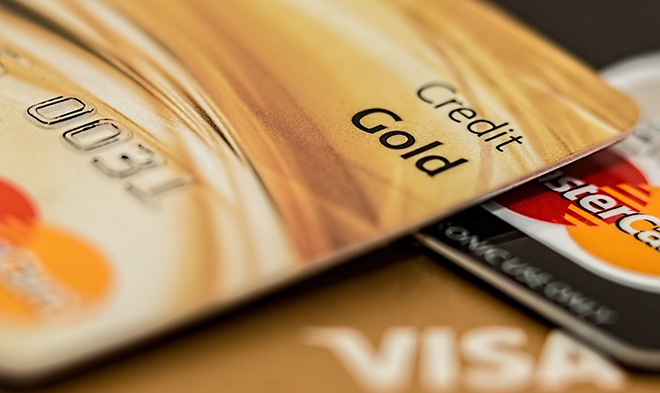Paying down credit cards but your score is dropping? Why?

So, you’re pouring money into paying down your credit cards, trying to lower that balance as much as you can. You’ve put your tax return towards paying down your card, and the bonus you got at work. You’ve found an income booster to bring in more money every month and you’ve even cut your bills significantly and used the savings to start paying off credit cards.
But when you check your credit score, nothing seems to have changed. Why?
There are several possible reasons why your credit score has not improved, despite your hard work at paying down your credit cards. These are:
You haven’t given it enough time!
It takes a bit of time for your actions to be reflected in your credit score. If you’ve just paid off half your credit card debt a week ago, the chances of your credit score changing in that time are slim to none. Wait a few months before checking the effect it has on your credit score.
You have other debts that are being neglected
You have to make sure you’re paying off your other debts regularly and on time, not just your credit cards. If you’ve missed a payment here or there, your credit score will suffer regardless of how much you’re paying down your credit card balances.
You have other debts that are keeping your credit usage and debt-to-income ratio high
Even if you’re chipping solidly away at your credit card debt, your entire debt amount vs what you bring in holds quite a bit of weight when it comes to your credit score. You have to bring these ratios down in order to see your credit score reflect your hard work.
You have a bankruptcy on file
If you’ve declared bankruptcy in the last 6 years, your credit report is going to have it listed, visible to any and all potential lenders. It takes 6 years to see this disappear from your credit report, at which time, providing you have been kept up with all of your debts and payments, your score will likely improve.
You have a consumer proposal on file
If you’ve agreed to a consumer proposal within the last three years, it will still be listed on your credit report much like a bankruptcy. This will have a negative effect until it is taken off of your report - three years from when you agreed to it.
You’ve applied for too much credit recently
Your score can drop if you have too many credit checks in a short amount of time. Lenders see this as risky behaviour as it tends to indicate you're desperate to get some cash. Try to space out your credit applications by at least half a year to avoid this.
There are incorrect or fraudulent entries on your credit report
No one thinks identity theft is going to happen to them until it does. Check your credit report. Go through it with a fine-toothed comb. This will make sure you spot any errors or fraudulent items on your report, such as instances of identity theft. It will also highlight everything you have to fix to ensure your score goes up.
Credit card debt is just a part of the problem when it comes to your credit score. There are so many factors that go into calculating your score that it can feel like a juggling act. It comes down to habits, and once you get yourself into some good habits, it’s easy from there. Stay on top of what you owe, your payment dates and your credit report, and you should start to see that number rise.
If you would like to see your credit score increase, and fast, check out Refresh Financial's custom credit building solutions!






Leave a Reply